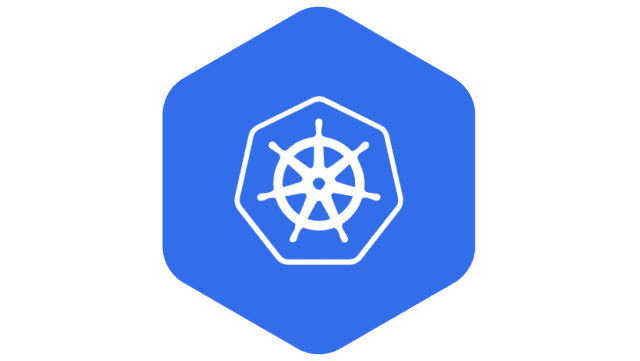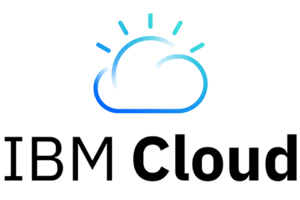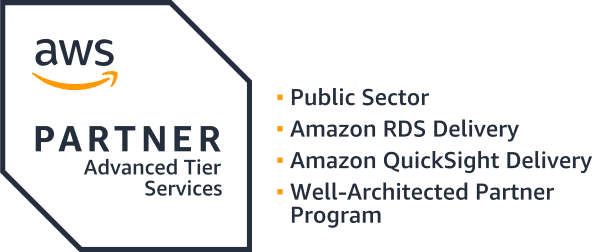Is Cloud Management Software in the Company’s Interest?
As a business owner, maximizing workplace efficiency is essential to improving customer experiences. The cloud offers significant benefits, such as scalability, cost savings, and operational efficiency. However, as workloads, applications, services, and infrastructure grow, organizing, monitoring, and controlling a cloud environment can become challenging. Cloud management platforms provide businesses with the tools needed to effectively manage their cloud infrastructure services, resources, and data.
Benefits of Cloud Management
Scalability
Scalability is crucial in a dynamic and ever-evolving cloud environment. The right cloud management platform should be flexible enough to grow with your organization and adapt to changing needs. This includes automatically or manually scaling resources up or down, supporting multiple cloud platforms, and integrating seamlessly with your existing systems.
Security and Compliance
Security is a paramount concern in the cloud, with the average data breach costing nearly $5 million to resolve. Effective cloud management platforms include features like data encryption, access controls, and compliance certifications to safeguard sensitive information and ensure regulatory compliance.
Performance Monitoring and Optimization
Modern cloud management solutions should offer robust performance monitoring and optimization capabilities. This includes real-time resource utilization monitoring, auto-scaling based on demand, and continuous identification of performance bottlenecks or issues.
As an advanced AWS partner, we bring unparalleled expertise to architect, deploy, and optimize cloud solutions tailored to your unique needs.
Contextual Reporting and Root Cause Analysis
When a cloud issue arises, it is crucial to pinpoint its source quickly. Cloud management tools that offer contextual reporting and root cause analysis can help identify and address problems efficiently, ensuring minimal service disruption.
Compatibility and Interoperability
Businesses often use a variety of tools within their cloud environment. Therefore, cloud management software must integrate smoothly with existing infrastructure and systems to prevent errors and service disruptions. Additionally, multi-cloud management platforms facilitate seamless connections across different cloud environments.
Intuitive Interface
A user-friendly interface enhances productivity and reduces the learning curve for your software engineers or admins, making it easier to manage cloud resources and services.
Automation and Orchestration
Manual processes in cloud management can be time-consuming and error-prone. Cloud management systems that offer automation and orchestration capabilities streamline these processes, providing features like automated provisioning, policy-based workflows, real-time anomaly detection, intelligent alerting, and integrations with DevOps tools.
Customer Support and Pricing
Effective cloud management solutions come with robust customer support, regular updates, and patches to ensure they remain secure and up-to-date. A comprehensive knowledge base with training tutorials is also essential. When considering pricing, it is important to find a balance between cost and value, ensuring you receive high-quality service without overspending.
Best Cloud Management Tools Available
Cloud management platforms play a crucial role in managing and optimizing cloud environments. By choosing the right cloud management solution, businesses can achieve greater efficiency, security, and scalability, ensuring a smooth and successful cloud journey.
Kubernetes

Kubernetes (K8s) is an open-source, production-grade container orchestration platform. It simplifies deploying and managing containerized applications across various environments, including on-premises, public, private, or hybrid clouds. K8s is known for its web interface, flexibility, and self-healing capabilities, making it ideal for managing distributed systems at scale.
Apache CloudStack

Apache CloudStack enables the creation and management of infrastructure cloud services. It supports private and public compute clouds using diverse computing resources, including network and storage services. Features include resource provisioning, cloud configuration automation, massive infrastructure scaling, an intuitive API, and support for multiple hypervisors.
Terraform

Terraform automates cloud resource provisioning, changing, and versioning on any infrastructure. It can do this on-demand or automatically in response to events. The open-source version allows for customizable cloud stack management, while Terraform Enterprise offers advanced features like multiple concurrent runs, SSO management, and private infrastructure environments.
Cloud Orchestrator

IBM’s Cloud Orchestrator streamlines cloud services’ configuration, deployment, and provisioning. It also integrates service management, offering features like monitoring, control, and secure backup of cloud environments. Upgraded versions offer advanced capabilities, such as multi-cloud management and a customizable self-service console.
Azure Management Tools

Microsoft Azure Cloud, a leading cloud service provider, offers a suite of cloud management and governance services. Azure Management Tools help control infrastructure and applications across on-premises, Azure Cloud, and hybrid environments.
AppDynamics

Cisco’s AppDynamics provides comprehensive cloud migration and application performance monitoring. It offers full-stack management for cloud applications, infrastructure, networks, security, and end-user journey tracking to enhance customer experiences.
CoreStack

CoreStack is a SaaS solution that implements a well-architected framework in the cloud, providing visibility across AWS, Azure, GCP, and Oracle Cloud. It supports continuous cloud compliance with standards like NIST, ISO, CIS AWS, and more, making it suitable for enterprises focused on resource usage tracking, real-time security monitoring, and cost management.
Red Hat Cloud

The RedHat Cloud Suite offers a unified management framework for container-based application development and scalable cloud infrastructure, supporting private cloud services and app development.
TotalCloud

Qualy’s TotalCloud provides complete customization for automating cloud management, regardless of complexity. It allows users to create custom automation bots and workflows without coding, supporting tasks like resource scheduling, performance monitoring, auto-remediation, and inventory management.
LaceWork

LaceWork specializes in cloud security, using AI and automation to manage security postures across AWS, Azure, and GCP platforms. It offers comprehensive protection against various security threats, making it ideal for medium to large-scale cloud systems.
Get Started Today!
At AllCode, our mission is to leverage our unique skillset and expertise to deliver innovative, top-tier software solutions that empower businesses to thrive in our world’s rapidly-evolving technological landscape.
Work with an expert. Work with AllCode


